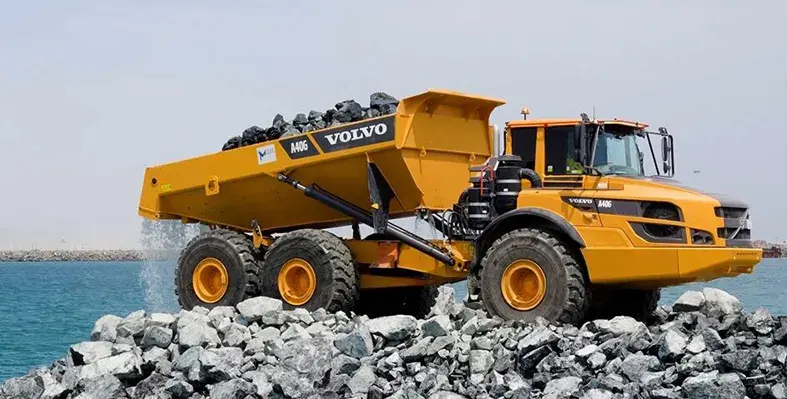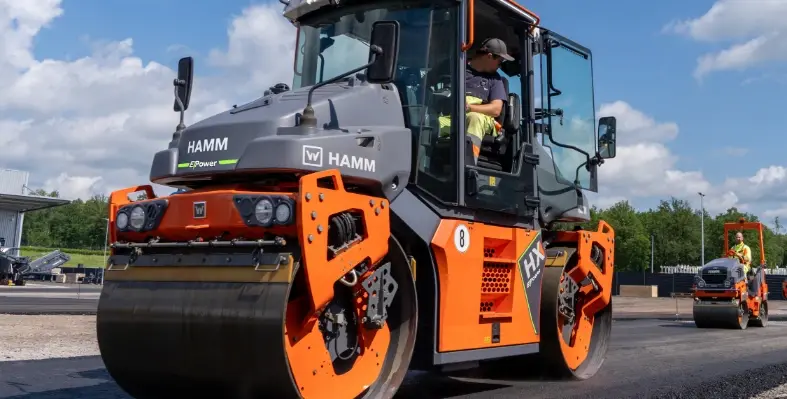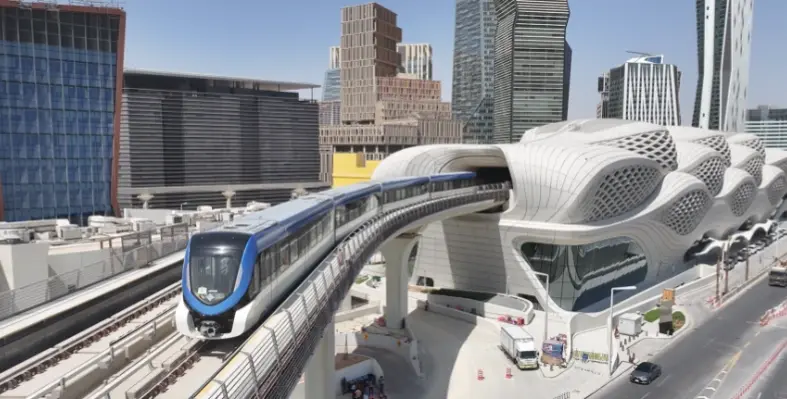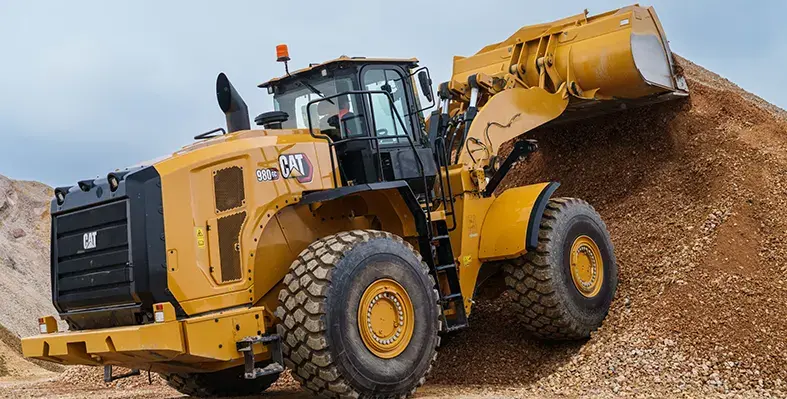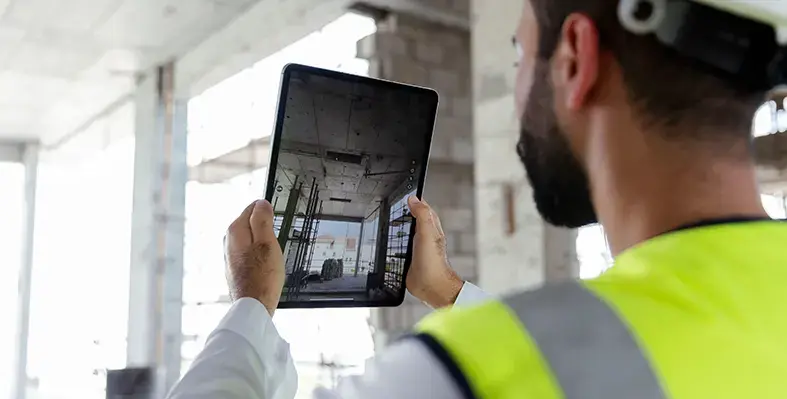
Dubai Municipality also continues to enforce the Dubai Building Code. (Image source: Dubai Municipality)
Dubai Municipality has announced a significant uptick in construction activity, with more than 30,000 building permit applications processed during the first half of 2025, representing a 20% increase compared to the same period last year.
The total licensed built-up area surpassed 5.5 million sqm, all approved for immediate implementation, with July alone accounting for one million sqm of newly licensed space.
This growth reflects continued investor confidence in Dubai’s economy and real estate sector.
Multi-storey commercial and investment buildings represented the largest share of total licensed space at 45%, followed by residential villas at 40%, exceeding two million sqm. Industrial and public buildings made up the remaining 15%.
Digital innovation supporting construction growth
Dubai’s unified “Build in Dubai” platform continues to play a key role in accelerating the permitting process and enhancing operational efficiency.
The integration of Building Information Modelling (BIM) into the platform’s automated auditing processes has significantly improved the quality of submissions from consultants and contractors.
This has helped reduce duplication and design errors, ensuring a more seamless and accurate experience for users.
Training and qualification to boost construction quality
Dubai Municipality also continues to enforce the Dubai Building Code, as well as regulations for green building and universal design, which aim to ensure accessibility for People of Determination.
In support of these efforts, the Municipality runs weekly training programmes through the Dubai Municipality Academy, equipping engineers with the technical knowledge and digital skills required to meet the emirate’s ambitious urban development goals.
Eng. Mariam Al Muhairi, CEO of the Building Regulation and Permits Agency at Dubai Municipality, said, “These figures reinforce Dubai’s status as one of the world’s foremost construction destinations. The sector’s steady growth reflects the Emirate’s sustainable economic trajectory and underlines Dubai Municipality’s commitment to advancing the sector with smart, sustainable solutions. By streamlining processes and embracing innovation and digital transformation, we continue to drive the Emirate forward in its mission to become the best city in the world to live and work in.”
Earlier this year, Dubai Municipality and the Dubai Land Department backed the eighth Construction Technology ConFex and Property Technology ConFex. The event spotlighted digital transformation in the built environment. Held in Dubai, the event gathered over 1,000 participants to explore the future of construction and property technology. Dubai Municipality’s support helped drive high-level discussions on sustainable building practices, decarbonisation, and smarter infrastructure. With more than 160 expert speakers, 40 exhibitors and 550 B2B meetings, the event encouraged cross-sector collaboration. The Construction Technology Awards 2025, a key highlight, celebrated leadership in innovation, sustainability and digital excellence across the regional built environment.





